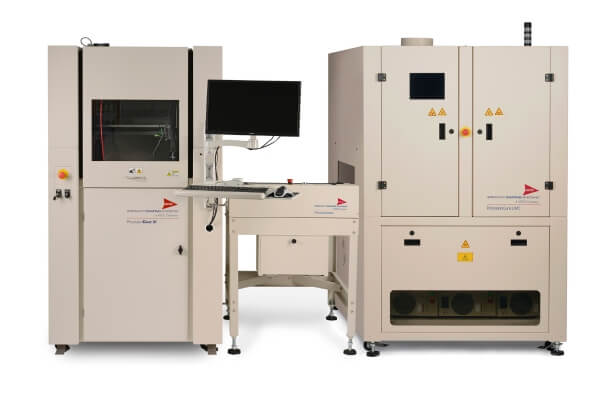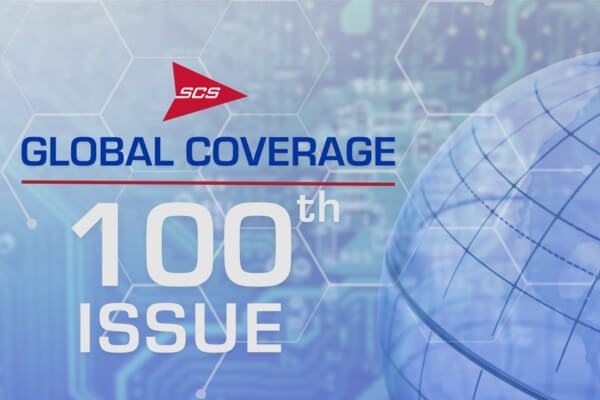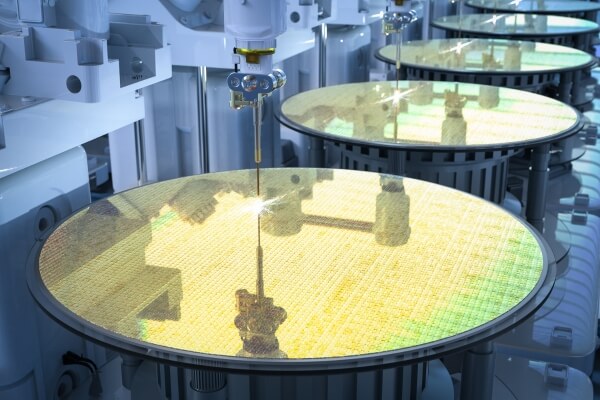<< View SCS Blog
SCS Supports Sustainability through Conformal Coatings

As worldwide industry requirements and directives continue to evolve, SCS strives to ensure compliance with relevant regulatory standards. To this end, SCS is dedicated to addressing environmental, social and economic sustainability concerns for its employees and customers through the development of new coatings and coating variants along with the implementation of various sustainability initiatives. One thing that is certain – even as this article is being written in December of 2024 – is that the word ‘sustainability’ conjures up many thoughts, ideas and feelings within the global market. For the purpose of this discussion, we will take a look at three high-level sustainability definitions.
Environmental sustainability considers the natural resources used in the manufacturing process and the disposal of materials and wastes. Choosing which materials are used, from where they are sourced and the sustainability measures that SCS suppliers undertake are all appropriate considerations. However, there are additional questions to consider:
- Are there alternative, more environmentally-friendly materials?
- Can used materials be directed into a continued use stream instead of being classified as common or hazardous waste?
- Can used materials with low flashpoints be used as fuel for processes such as incineration?
- Can packaging be changed to make transportation more efficient and/or can the packaging itself be recycled?
Concerns and regulations related to REACH, RoHS, Prop 65, conflict minerals, PFAS, EU POP and TSCA must also be taken into account.
Although less defined than environmental sustainability, social sustainability empowers people to learn and become more knowledgeable employees. This type of sustainability can occur through job training, partnering with universities to develop new or improved processes and implementing manufacturing practices that positively impact local communities.
Finally, economic sustainability considers economic growth – a factor significantly affected by rapid changes in technologies. Recent examples of technology shifts that impact global economies include more efficient solar cells and batteries, increased use of artificial intelligence and virtual reality, drug and food technology improvements, connectivity and drone technologies, gene editing, super computers, polyfunctional robotics and rocket technologies, to name a handful.
SCS is committed to minimizing its environmental impact through a variety of product solutions and corporate initiatives, including:
- SCS ParyFree® is a halogen-free Parylene variant that offers the same host of beneficial properties as other Parylenes but with improved barrier properties over traditional halogen-free variants.
- SCS PlasmaGuard® is a plasma-enhanced chemical vapor deposition (PECVD) coating that offers excellent moisture barrier protection and dielectric properties. The coating is extremely thin, ranging from 50 nm to 3 µm, and requires minimal raw materials.
- SCS ALD+Parylene multilayer coating offers unique benefits with incredibly low moisture vapor transmission rates.
- Liquid coatings have been developed with new or improved curing mechanisms; specifically, LED curable coatings are solvent free and cure quickly using light while consuming less energy than their UV-curable counterparts.
- Water-based or solvent-free coatings eliminate typical organic solvents that can pose health or environmental risks and may require air permits.
- SCS continues to implement recycling programs at its locations to ensure the proper disposal of reusable materials and waste. In addition, the company is committed to lowering our carbon footprint by producing materials via environmentally-conscious methods.
For more information on the regulatory, environmental and biological compliance that SCS supports, visit scscomplies.com.
Global Coverage Issue 100, Fall 2024




